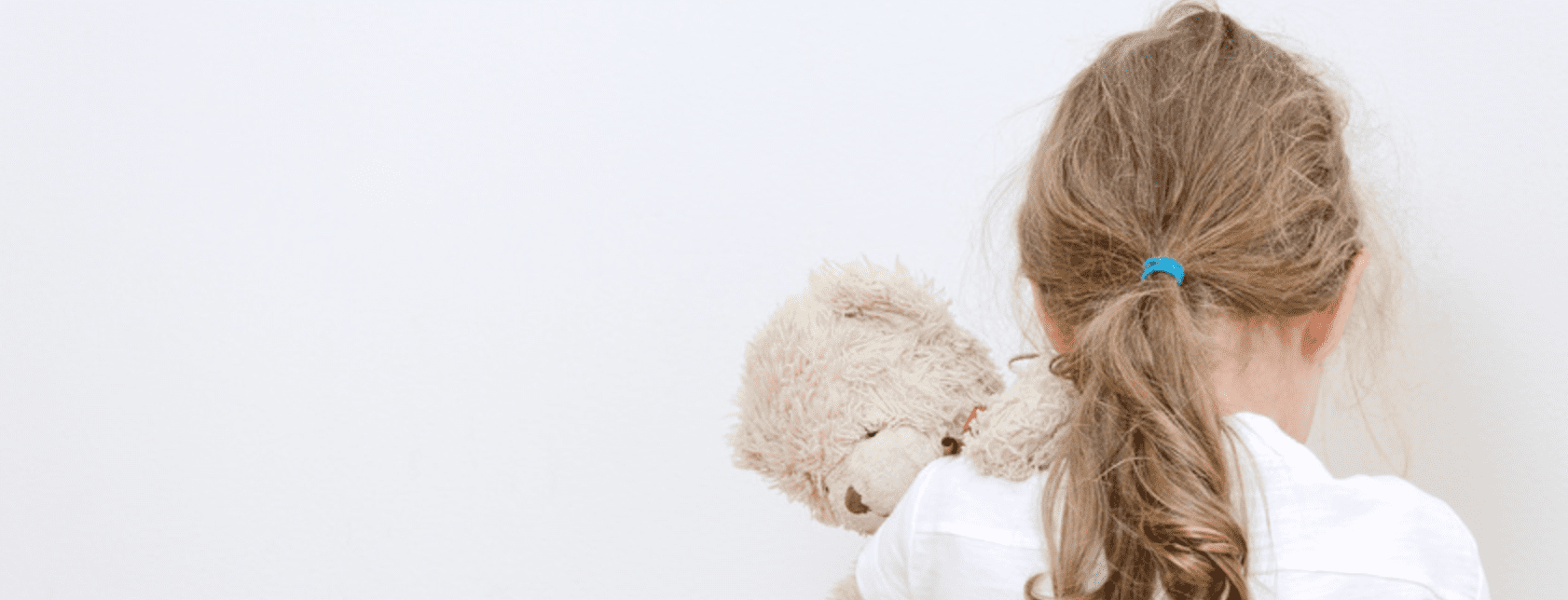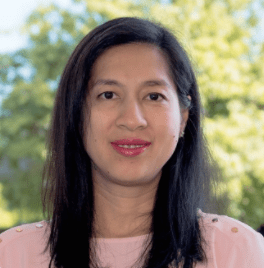What to do if you think your child has a behavioural disorder

AUTHOR: Dr Kyi Kyi Mon – SmartClinics Lutwyche

It’s natural to be concerned about changing behaviour in your children. As our children grow, their personalities begin to emerge, they experiment with emotions and emotional responses, and they may begin to exhibit some characteristics that can be disturbing to worried parents.
Some behavioural disorders in children are quite widespread, with up to 10% of children likely to exhibit signs of one or more disorders. Boys usually outnumber girls by a factor of two or four to one in the display of behavioural disorders.
Causes of Behavioural Disorders in Children
While there are no universally recognised causes of behavioural disorders in children, there are some triggers that can be observed to have an influence on children developing these issues.
Some factors that may lead to the development of behavioural disorders in children include, but are not limited to:
- Emotional struggles and problems managing emotions.
- A poorly structured routine and lack of consistency.
- Issues at home, such as arguing parents.
- Substance abuse.
- Mental, sexual or other physical abuse.
Symptoms of Behavioural Disorders in Children
Attention Deficit Hyperactivity Disorder (ADHD)
One of the most widely recognised behavioural disorders in children, attention deficit hyperactivity disorder, also known as ADHD, has a small set of straightforward symptoms that can assist in its identification. These symptoms may include:
- Difficulty concentrating, a short attention span or inability to maintain focus.
- Ignoring or quickly forgetting instructions.
- Regularly shifting to different tasks, an inability to complete things.
- Emotional outbursts, easily led to anger or sadness.
- Few restraints on emotions or recognition of the needs of others, can be exhibited as regularly talking over the top of others.
- Clumsiness or being prone to accidents.
- A high degree of activity, restlessness, fidgeting, general inability to sit still.
Conduct Disorder (CD)
Conduct Disorder often exhibits as delinquent behaviour. It is far more common in boys than girls, and around 5% of ten year old children are believed to have CD. It is common for children diagnosed with CD to also receive an ADHD diagnosis. Some behaviours exhibited by children with conduct disorder include:
- Failure to fulfil required tasks or take responsibility. Can include skipping school.
- Physical and sexual abuse of others.
- Substance abuse at a young age.
- Significant aggression towards other people and sometimes animals.
- Untrustworthy behaviour, such as lying and causing rifts among friends.
- Frequent failure to follow directions or obey orders given by authority figures.
- An apparent inclination towards physical violence, including the use of weapons.
- Criminal activities such as arson, theft and vandalism.
Oppositional Defiant Disorder (ODD)
Oppositional Defiant Disorder is believed to be present in around 10% of children aged under 12. Symptoms can include:
- Frequent, explosive tantrums.
- Blame-shifting and a failure to take responsibility.
- Easily frustrated, may believe themselves at fault for minor issues.
- Seeks to aggravate others, may find enjoyment in seeing others angry or upset.
- Highly argumentative.
- Low emotional management, may become irritated or angry quite easily.
Diagnosis of Behavioural Disorders in Children
Depending on the child and their environment, diagnosis can be quite challenging. It is always best to defer to a highly experienced GP for diagnosis. It’s very common for children to exhibit signs of multiple behavioural disorders, making diagnosis and treatment plans difficult. Generally, the process of diagnosis may involve:
- An initial consultation with a GP, which will explore the child’s activities and how they are viewed by the parent and the child.
- Further interviews with stakeholders in the child’s life (such as siblings and teachers).
- Questionnaires, diary-keeping and checklists.
- Potential referral to allied health professionals, such as psychologists.
This process allows the GP or other specialists to isolate causes for the child’s behaviour and determine whether it is a result of a behavioural disorder or a different factor in their life, such as parental strife or problems at school.
Treatment of Behavioural Disorders in Children
Thankfully, there are a number of SmartClinics GPs who have a very broad range of treatment options available to them to assist in addressing your child’s potential behavioural disorder. Most treatment plans are highly individualised to account for a wide number of factors that may be contributing to behavioural issues. Some of the aspects of a treatment plan may include:
- Medication – usually as a last resort, medication may help in controlling aggression or impulsiveness, which can help make progress in treating the underlying causes of a disorder.
- Positive Reinforcement – as one of the major causes of behavioural disorders is low self-esteem, a carefully structured plan that allows the child to succeed and reinforces that success with encouragement and reward may help alleviate symptoms.
- Addressing Mitigating Factors – Bullying at school, possible sexual harassment, learning difficulties etc.
- Training – teaching both children and parents about social skills, emotional management and how to manage that in self and others can be a big step towards alleviating issues.
- Cognitive Behavioural Therapy – similar to the above, this will assist the child in monitoring and controlling their own behaviour.
- Therapy – often, ongoing therapy is involved in order to address communication issues and underlying emotional issues.
Where to Get Help
Many SmartClinics GPs have a experience in the field of behavioural disorders in children. If you’d like to come in for a basic consultation, it may help alleviate some of the stress that you’re under. Click here for a list of GPs who have a special interest in this area near you.



